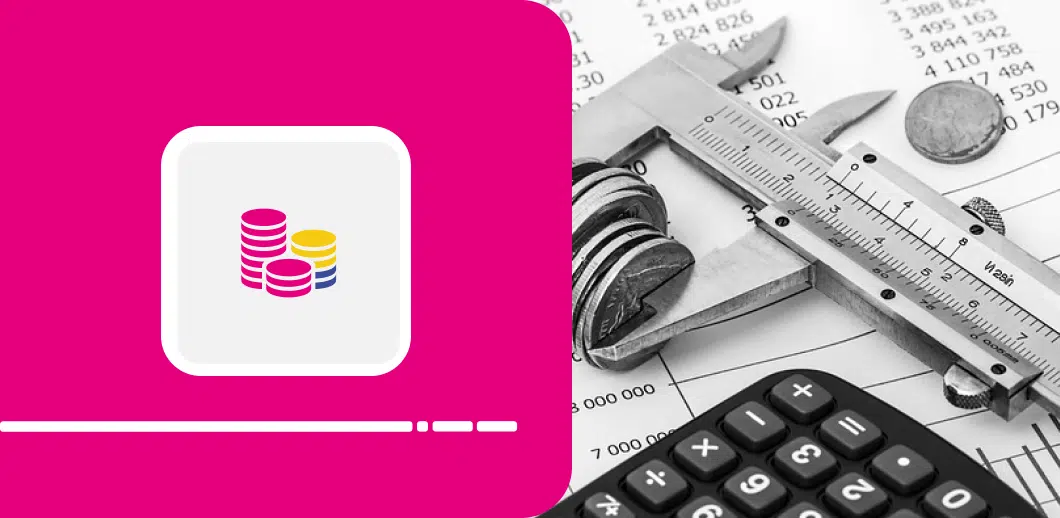How to optimize resource allocation ?
YOUR CHALLENGES
Managing project resource capacity is one of the main concerns of our customers. Indeed, the success of a project largely depends on the availability and optimal utilization of resources, whether human, material, or financial. In fact, according to a study conducted by the Association for Project Management, poor resource management is the cause of 43% of project failures.
In this context, it is essential to establish a strategy for managing project resource capacity to maximize their utilization and minimize risks. Poor resource management can lead to disastrous consequences for the success of your projects. Delivery delays, cost overruns, decreased quality, team burnout, and stakeholder dissatisfaction are all risks to avoid through flexible, structured, and efficient resource management.
OUR SOLUTION
How does Project Monitor help you effectively manage your project resources?
Resource management involves several key stages, from planning to real-time monitoring of resource use:
Planning and prioritization
- List and evaluate all current and future projects and prioritize them according to the criteria of your choice (strategic alignment, ROI, feasibility, risk, etc.).
- Identify the scope, skills and resources required for each project, based on technical requirements, deadlines and requirements.
- Identify the overall workload for the main project phases
- Assess resource capacity to find out what resources are available and how much they are currently being used.


Resource Allocation
Use the collected information to allocate resources in a balanced way according to priorities, skills and capacity.
Monitor resources closely during the construction phase and fine-tune planning accordingly
- Monitor project times and progress, and adjust resource allocation accordingly, to ensure that the most important and urgent projects are given priority.
- Make sure that planning is regularly updated to reflect project developments and resource requirements.
- Anticipate risks and unforeseen circumstances by regularly assessing workload and resource availability. Identify bottlenecks and potential issues, and address them before they cause delays or additional costs.


Regularly measure the gap between forecasts and achievements to make the necessary decisions
Compare planned times with actual times to identify any deviations.
Conduct a retrospective analysis and anticipate future projects
By examining the time spent on completed projects, you can :
- Identify trends and patterns to better plan resources and budgets for the future.
- Identify areas for improvement.
- Take a close look at the time charged to activities to identify the tasks and processes that take the longest and have the greatest impact on projects.
- Use this knowledge to plan future projects more reliably and accurately, and to improve productivity.

They use Project Monitor's capacity planning
Project Monitor key features for optimizing resource allocation
VIRAGE Group edits and integrates solutions to build the future!
French publisher 🇫🇷

